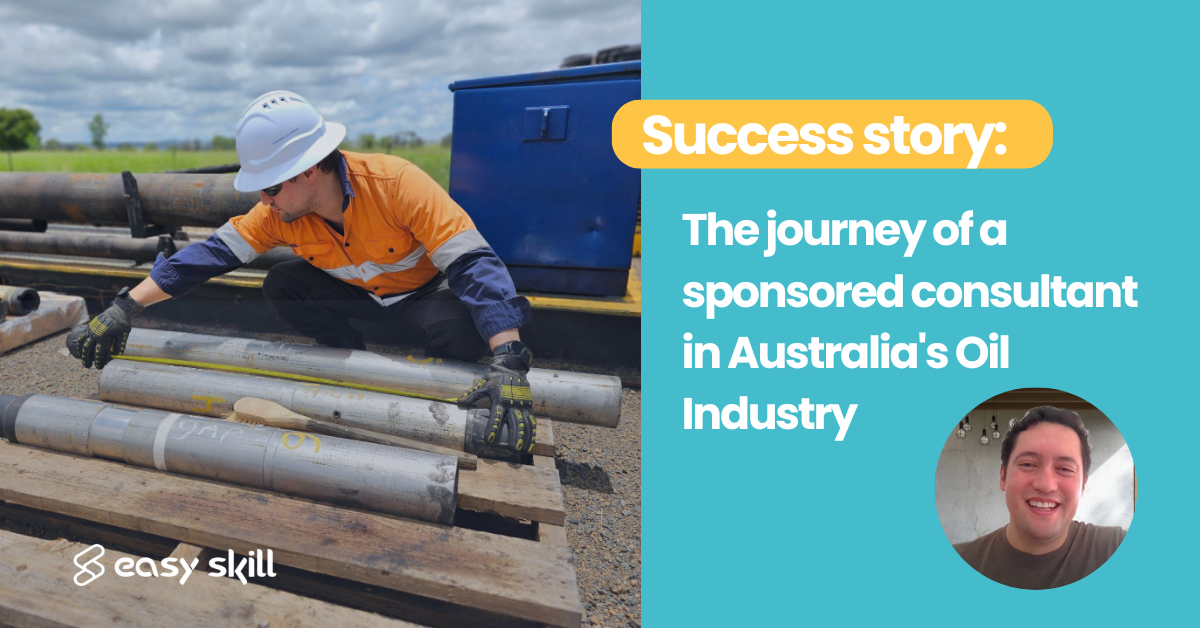Every country has unique riches and its natural resources play a massive role in any country’s evolution. Australia is no different. Australia relies heavily on the mining industry with a high volume of raw underground materials. Naturally, this has created a strong mining culture, deep investments, thousands of fly-in fly-out (FIFO) jobs, soaring incomes, and an influx of technical experts flocking to the country to join the mining operations.
Global mining impacts of the pandemic.
As shown on the map below, mining operations were impacted by the pandemic and many operations stumbled. Latin America was hit the hardest with full stoppages on mining production. Copper mines in Peru were unable to continue operations with so many site workers testing positive. Due to the high rate of spread, it was critical to prioritize health over the business.
As a country, Chile depends on mining for 15% of the GDP and half of its exports. Needless to say, there are deep economic impacts of reducing or pausing mining operations, however after Chile reported nine COVID-19 deaths at various mining sites, there was no real choice to be made. Mining operations came to a grinding halt as the nation responsibly elected to choose the country’s wellbeing over mining to prevent further deaths.
Managing the storm in Australia.
Life isn’t about waiting for the storm to pass but learning how to dance in the rain. With fewer impacts of the pandemic, as a country, Australia felt less impact. They were able to maintain existing mining operations with few hurdles. Mining workers saw dramatic changes to their rosters and had to learn how to work with extended schedules and quarantines. Thankfully these measures were sufficient and the industry down under didn’t see any dip in productivity.
Domestic border closures added complexity.
One of the biggest impacts was the interstate border closures, especially in the states of Victoria and New South Wales. Without the ability to travel between states, workers with FIFO roles found themselves in a bind. During this time workers were asked to remain on-site at all times with the option to spend downtime in the nearest major cities within state borders. Making long-distance relationships with their families work during these stressful times has been a sacrifice appreciated by the entire country. With domestic travel restrictions easing, the situation is looking up.
The case for accelerating digital transformation.
Despite being in the 21st century, how we work relies heavily on face-to-face interaction, travelling and physical proximity. We’ve had other options, but many have resisted change without a compelling reason. Thanks to COVID-19, many are citing it as the silver lining forcing global organizations to re-evaluate how to make better use of technology to improve communications, productivity and efficiency. There’s also a rise in innovation and creative applications of mining technology like driverless trucks, digital IQ, remote controls, and automation software. A transformation for remote training and maintenance using wearable technology with dedicated software is taking flight. These trends will change the future of work forever.
An unexpected soft spot for the environment.
As a result of reduced activities and travel, the state of global health improved. Reduced CO2 emissions and pollution was an unexpected by-product. But people took notice and started taking climate change more seriously. A new curiosity was sparked to explore how we can continue the positive trend across all industries. The mining industry is often the ugly duckling of the heavy industry world. Change was already taking effect slowly with new rules governing environmental and social aspects of mining. Leaders like Elon Musk have added gasoline to the flames by calling for ethical mining of raw battery materials and sustainability in mining is gaining popularity.
Adversity brings us closer together.
Although we are all in the same storm, our different ships are all handling the weather differently. While the state of affairs is remarkably different in various parts of the world, one thing is for sure. The pandemic has united us in our pursuit of innovation and resilience. It’s inspired a collection of welcome changes to how we operate, collaborate, and communicate. The carousel of progress requires constant evolution. The sense of urgency has brought about positive changes.
Adapting to new ways of working hasn’t been a walk in the park. Solving new challenges imposed by a lack of travel options has required serious creativity and some healthy experimentation. In trying new things, sometimes we fall, but we get back up and try again until we find a solution. And in the end, we will have a completely new perspective on how to achieve better outcomes in work and life. The mining industry will be forever changed like many others and it’s an exciting time to be a part of defining the future.

Zoé Braun
Content marketing specialist
Brand storyteller in more than just one language. She writes moving human stories and translates technical topics so they're easy to understand. Pretty nifty. She considers business is about building trust and long-lasting relationships. She gets jumpy if she doesn't get at least 3 weekly hours of sport, running, yoga, kitesurfing, - you name it!







Share this Article